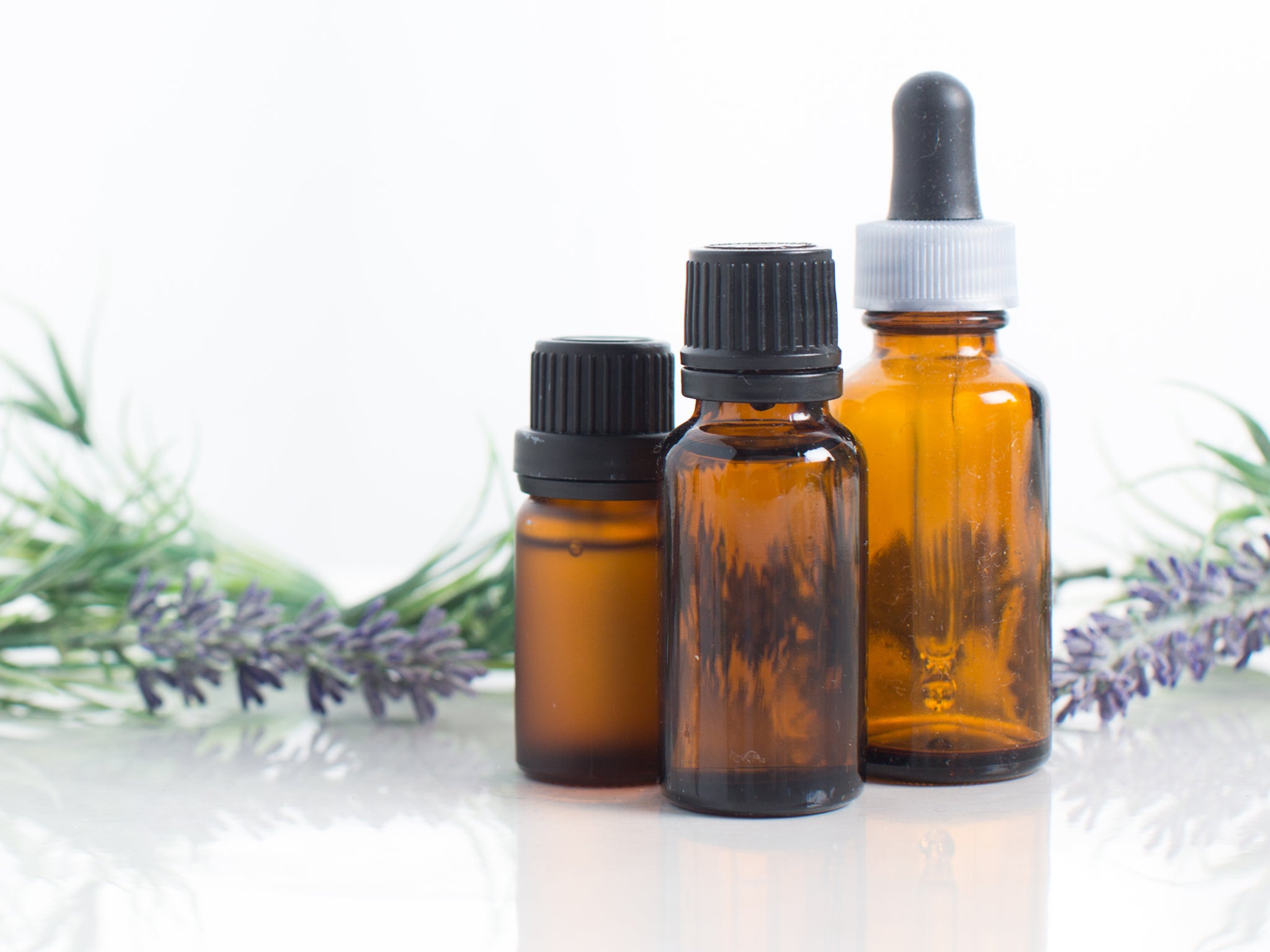Lavender and tea tree oils could be giving boys breasts, scientists warn
Prepubertal gynecomastia, where men abnormally grow breasts, was rare but has become increasingly common

Your support helps us to tell the story
From reproductive rights to climate change to Big Tech, The Independent is on the ground when the story is developing. Whether it's investigating the financials of Elon Musk's pro-Trump PAC or producing our latest documentary, 'The A Word', which shines a light on the American women fighting for reproductive rights, we know how important it is to parse out the facts from the messaging.
At such a critical moment in US history, we need reporters on the ground. Your donation allows us to keep sending journalists to speak to both sides of the story.
The Independent is trusted by Americans across the entire political spectrum. And unlike many other quality news outlets, we choose not to lock Americans out of our reporting and analysis with paywalls. We believe quality journalism should be available to everyone, paid for by those who can afford it.
Your support makes all the difference.Exposure to lavender and tea tree oils could be causing young boys to develop breasts, as they contain chemicals which can mimic the effect of female hormones, scientists have warned.
American researchers have identified chemicals in essential oils used in soaps, cleaning products and home remedies that could explain why boys have developed a condition called prepubertal gynecomastia.
The condition, where men abnormally grow breasts, is rare before puberty but has become increasingly common.
Doctors are looking closely at common chemicals in the environment dubbed “endocrine disruptors”, which interrupt the production and action of hormones – the chemical messengers of the body.
“Our society deems essential oils as safe,” said J Tyler Ramsey, research fellow at the National Institute of Environmental Health Sciences and lead author of the study.
“However, they possess a diverse amount of chemicals and should be used with caution, because some of these chemicals are potential endocrine disruptors.”
Endocrine disruptors have become a growing area of research as they are widely used in products, from cosmetics to drinks bottles and receipts.
The impact they have is poorly understood but has been linked to childhood obesity, fertility issues and increased cancer risk.
There have been particular concerns about bisphenol A (BPA), a chemical that is so widely used scientists worry even minor health effects could have a big impact at population levels.
Doctors had thought there might be similar issues with essential oils, after cases where boys who had regularly used tea tree soaps and skin products started developing breasts.
However the condition went away after they stopped using tea tree products. It is also appears that some people are more susceptible to the hormone-disrupting effect, the authors said.
The team investigated eight key chemicals, including eucalyptol, common in cough medicines and decongestants, from the hundreds of components of tea tree and lavender oils.
All eight had hormone-disrupting effects, either acting similarly to the female sex hormone oestrogen, or acting to block male hormones.
While the chemicals were tested in human cells grown in laboratory, the results were consistent with hormonal conditions that would lead to gynecomastia in humans, the researchers said.
These chemicals are also found in 65 other essential oils, which are common in soaps, lotions, shampoos, hairstyling products, cologne and laundry detergents.
“Lavender oil and tea tree oil pose potential environmental health concerns and should be investigated further,” Ramsey added.
Professor Ieuan Hughes, member of the UK Society for Endocrinology and Emeritus professor of Paediatrics at the University of Cambridge, said the findings did “appear to confirm why an individual using such oils containing these chemicals may develop breast tissue”.
“It is reassuring that the clinical effect: gynaecomastia, resolves on cessation of exposure and suggests attention should be given to better regulation of these products. Clearly, the longer term effects of such exposure are unknown.”
He said it was particularly interesting that the study reported some chemicals blocking male hormones, but that it wasn’t possible to comment on how powerful this effect was without the full data from the study.
The findings are due to be published at the ENDO 2018 conference in Chicago and have not yet been published.
But Professor Hughes added that the study, led by Professor Ken Korach (a world expert on these hormone effects), would have been well conducted.
Join our commenting forum
Join thought-provoking conversations, follow other Independent readers and see their replies
Comments